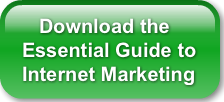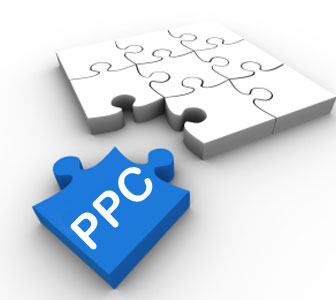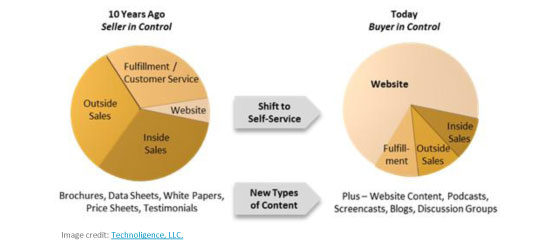Many business owners have misconceptions about Pay Per Click (PPC) Advertising. The following is a list of a few misconceptions we have compiled from clients and potential clients.
- PPC advertising (or increasing your PPC budget) will get you a higher organic ranking on that search engine. The search engines have never made this claim. In fact, they usually deny it. PPC advertising will have no impact on your organic ranking. If it did, the search engine would loose all credibility.
- It is best to link your PPC ad to your homepage. In reality, you should link your PPC ad to a landing page specifically tailored to the keywords used for your ad. This page should also have a call to action, such as an offer for something free, that the visitor can receive by filling out a form or calling a special number. Answering this call to action converts the visitor into a lead.
- The best measure of PPC success is the number of ads clicked on (click through rate). Usually, the best measure of success in a PPC campaign is the number of new leads/customers it generates (i.e. conversion rate).
- Ad clickers become leads or customers on the same day they click on the ad. Not necessarily. It is not uncommon for half of your ad clickers to wait 10 or more days before filling out your conversion form and becoming a lead.
These are just four misconceptions about PPC advertising; there are many more.
If you need help with your PPC Advertising Campaign, give us a call at 504.450.6912.
{ 0 comments }
 Today, I would like to introduce you to our strategic partner for copywriting, Annie Bleecker. Annie is a copywriter and content strategist who specializes in helping businesses deliver key messages in a way that resonates with their target audiences. She has been writing and editing professionally for seven years, both in print and online mediums. Her passion is B2B web copywriting, and she particularly excels at explaining complicated processes in clear, compelling language.
Today, I would like to introduce you to our strategic partner for copywriting, Annie Bleecker. Annie is a copywriter and content strategist who specializes in helping businesses deliver key messages in a way that resonates with their target audiences. She has been writing and editing professionally for seven years, both in print and online mediums. Her passion is B2B web copywriting, and she particularly excels at explaining complicated processes in clear, compelling language.
 It’s easy to see why blogging is the best SEO method. SEO or search engine optimization is all about getting found by the search engines. Search engines use two main criteria for returning search results (there are others, but these are important): 1) relevancy and 2) authority.
It’s easy to see why blogging is the best SEO method. SEO or search engine optimization is all about getting found by the search engines. Search engines use two main criteria for returning search results (there are others, but these are important): 1) relevancy and 2) authority.
 PPC advertisers often send users to their homepage. This is usually a big mistake. Have you ever been searching for something specific, say a diamond ring, and click on a PPC ad only to be taken to the homepage of a jewelry store? Then you have to search the store’s website for diamond rings. Why didn’t the PPC ad take you to the jewelry store’s page with diamond ring? Probably because the person setting up the ad did not know better or was too lazy to set it up.
PPC advertisers often send users to their homepage. This is usually a big mistake. Have you ever been searching for something specific, say a diamond ring, and click on a PPC ad only to be taken to the homepage of a jewelry store? Then you have to search the store’s website for diamond rings. Why didn’t the PPC ad take you to the jewelry store’s page with diamond ring? Probably because the person setting up the ad did not know better or was too lazy to set it up. Clients often ask if they should use pay per click (PPC) advertising. And our answer always depends upon the client and her website.
Clients often ask if they should use pay per click (PPC) advertising. And our answer always depends upon the client and her website.

